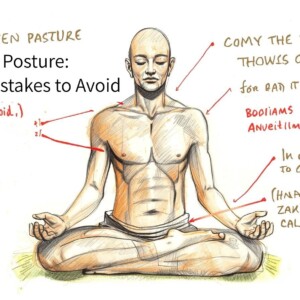The Zen Teaching of No-Self
Among the most profound and sometimes misunderstood ideas in Buddhism is the Zen teaching of no-self. Far from being abstract philosophy, this teaching offers a practical way to understand our lives, relationships, and even the struggles we face in modern society.
What Does “No-Self” Mean?
At first, the idea of no-self can sound unsettling. Does it mean we don’t exist? Not at all. Zen explains that what we usually call “self” is actually a collection of ever-changing thoughts, feelings, and experiences. Like clouds drifting across the sky, none of these elements define us permanently. The teaching of no-self is an invitation to see that we are not fixed, but fluid and interconnected with all of life.
The Freedom of Letting Go of “I”
When we cling tightly to the idea of “me” and “mine,” suffering often follows—fear of loss, constant comparison, and endless striving. By loosening this attachment, we discover freedom. Zen reminds us that when the self is seen as empty, compassion naturally arises. We are less defensive, less reactive, and more open to others.
This perspective resonates with modern psychology and even mindfulness therapy, which encourages shifting attention from self-centered rumination toward present awareness.
No-Self and Modern Science
Interestingly, the teaching of no-self finds echoes in psychedelic research on ego dissolution, where people report a temporary loss of rigid self-identity and a deeper sense of connection. Neuroscience also explores how the brain’s “default mode network,” associated with self-referential thinking, quiets during meditation. These findings show that what Zen has taught for centuries continues to align with cutting-edge science.
Everyday Applications of No-Self
The Zen approach to no-self is not about abandoning identity but about loosening its grip. In daily life, this can look like:
-
Listening without defending when criticized.
-
Working without attachment to constant praise or recognition.
-
Caring for others without expecting reward.
-
Seeing problems not as personal failures but as passing experiences.
Through practice, no-self becomes not an idea but a lived reality—freeing us from unnecessary suffering.
A Simple Invitation
The next time you feel stuck in your own story, pause and ask: Who is the “I” that suffers here? In this moment of inquiry, you may glimpse what Zen masters point to: that the self is not a prison, but a passing illusion. To realize no-self is to discover true freedom.
🌿 For more Zen teachings and practical reflections, visit ZEN for LIFE and explore timeless wisdom for modern living.






この記事へのコメントはありません。